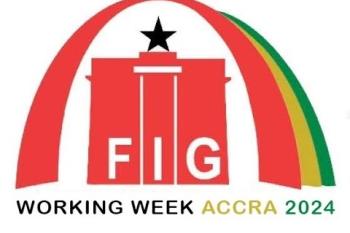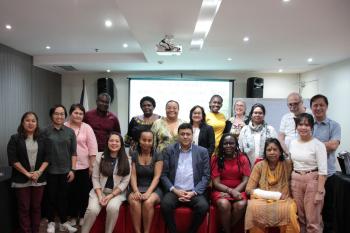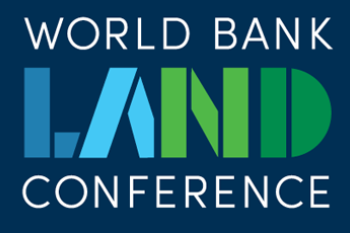
Supporting land reform efforts in Palestine's West Bank with STDM
Ramallah, Palestine, 10 December, 2017: The United Nations Human Settlements Programme (UN-Habitat) office in Palestine and the Global Land Tool Network (GLTN) started today a four-day orientation training on Social Tenure Domain Model applications in Area C of the West Bank. The training is convened in partnership with the Land and Water Settlement Commission (LWSC) and with support from the Office of the Prime Minister in Palestine to support the overall Land Reform Plan for the year 2017. The training avails financial support from the Development Operations Coordination Office through the Office of the Resident Coordinator in the occupied Palestinian territory.
The training took place on the 70th anniversary of the Universal Declaration of Human Rights. To celebrate the Human Rights Day in Palestine, GLTN/UN-Habitat and in partnership with the relevant Palestinian governmental counterparts decided to concentrate on the land rights of Palestinian communities, especially in Area C of the West Bank that falls under the full control of the Israeli authorities. To identify, protect, and fulfil relevant rights to land and natural resources the training discussed relevant normative frameworks and land tools, including the Social Tenure Domain Model that could be introduced to be fit-for-purpose to the Palestinian context.
 The training aims as well at raising awareness in land governance processes in Area C, with focus on the community based land mapping to support owners to substantiate Palestinian communities’ legal claims within the Israeli system. Furthermore, the training aims at supporting advocacy efforts to defend the land rights of Palestinian communities maintained with national and international actors to guarantee more equitable land governance standards in Area C.
The training aims as well at raising awareness in land governance processes in Area C, with focus on the community based land mapping to support owners to substantiate Palestinian communities’ legal claims within the Israeli system. Furthermore, the training aims at supporting advocacy efforts to defend the land rights of Palestinian communities maintained with national and international actors to guarantee more equitable land governance standards in Area C.
‘We are pleased to engage with GLTN/UN-Habitat and learn about the possibility to support our efforts in land registration in Area C of the West Bank’, said Mr. Musa Shkarna, Head of LWSC. ‘We look forward to utilizing this training opportunity to identify the technical capacity gaps for the commission to respond more nimbly to the needs and rights of citizens on the ground’, he added.‘The role of good land governance in peace, development, and human rights is of great significance within the Palestinian context. This is more important in light of the fact that State of Palestine has endorsed the land-related targets and indicators under the 2030 Agenda for Sustainable Development and the New Urban Agenda’, said Ms. Ombretta Tempra, Human Settlements Officer at GLTN. Mr. Zeyad Elshakra, Head of UN-Habitat programme in Palestine said: ‘it is our mandate as UN-Habitat to support the Government of Palestine in land management issues’. ‘We will take the findings of this training forward and support the participation of State of Palestine in the upcoming First Arab Land Conference that will take place in UAE during 26-28 February, 2018’, he added.


